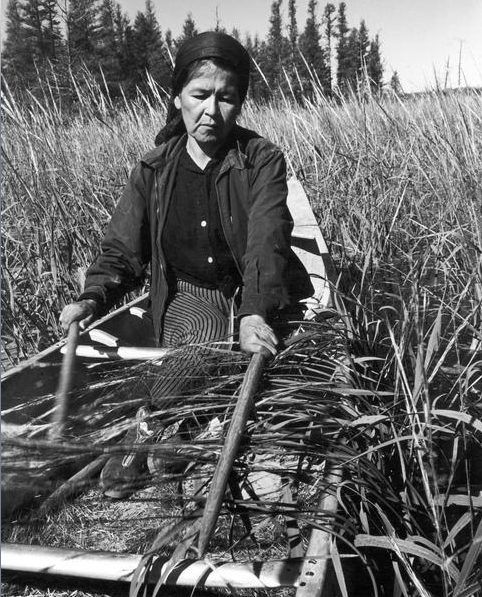Clearly, not everyone in this thread is familar with the nuances of water utilization in the American West, particularly California.
biostem wrote:1) If the farmers are paying for the water they are using, then as long as they aren't doing anything criminal, they have just as much right to it as any other consumer.
Agricultural water in California is
heavily subsidized and there's a bunch of historical, political, and legal idiocy involved. The result is that
entire major rivers are bled dry (the Colorado no longer reaches the sea, as just one example) and farmers get water at
below actual cost.
2) If this single industry is consuming so much more than they actually bring in, financially, then it is foolish for them to continue operations, overall.
Subsidies distort the bottom line figures. If California agriculture paid actual market prices for their water it would render at least some crops no longer profitable. It's subsidies that make them profitable.
3) If this particular industry is using such a disproportionate amount of the water, then at the very least, the local water authority and/or conservation groups, should work with them to find other solutions, besides outright banning them.
The problem is that the laws governing water usage in California heavily favor the farmers to a ridiculous degree. There isn't a legal way to stop them using the water in a profligate manner. This is the same region that keeps floating the idea of
draining the Great Lakes to feed their thirst for water.
As for growing rice - there IS NO "solution" that doesn't involve a LOT of water. It's the nature of rice growing. Ditto for several other crops grown in places like the Central Valley of California, a place that is by nature arid yet is being used for growing
rice of all things.
4) Assuming that this is a legitimate business, then if you or the government want to shut them down, you must assume responsibility for all the jobs that will be lost. At a minimum, a system of support and job placement should be incorporated into the shutdown process.
The California Central Valley is also one of the largest employers of illegal immigrants who come north to work crops - another practice that drives down production costs. If the farmers were forced to use
legal labor and pay actual minimum wage again many of their crops would cost a lot more to produce.
In other words, you're talking about growing a water-based crop in a heavily irrigated desert importing water from across a mountain range as well as soaking up
one third of the natural water in the state, tended by people who are paid less than the legal minimum (or even not paid at all, because they're unlikely to go to the courts over it and risk arrest and deportation as illegal border-crossers). It's stupid all around.
Grow the goddamned rice in the northern lake regions of North America, where it's native and there's more than enough water naturally available for the purpose. Growing it in California is just goddamned fucking stupid.
It also is a way around the treaties with the Natives - in Michigan (at least when I lived there, not sure it's still true) production and sale of wild rice was restricted to Natives, as a source of income and in part compensation for land loss. But, oh geez, the Natives actually want to be paid for their labor, omigosh, can't have that, so let's grow it in California with illegal labor that can be abused.



